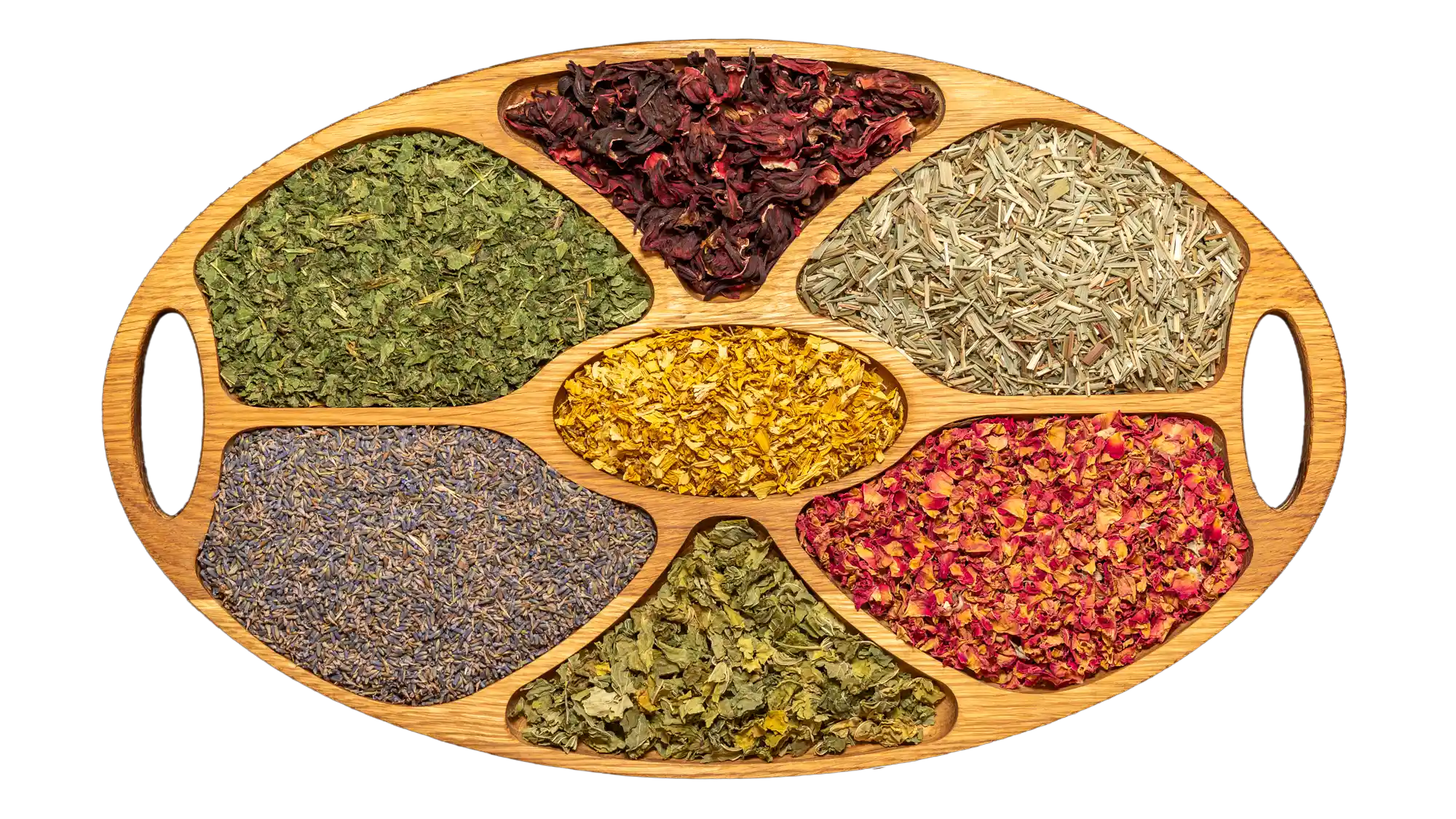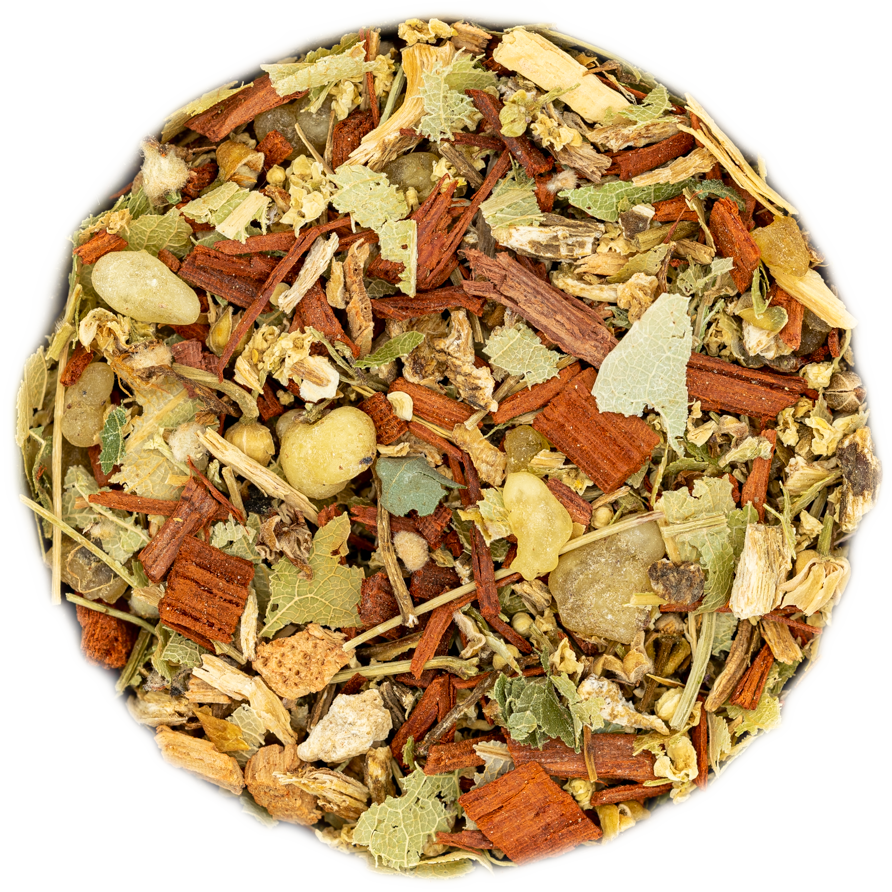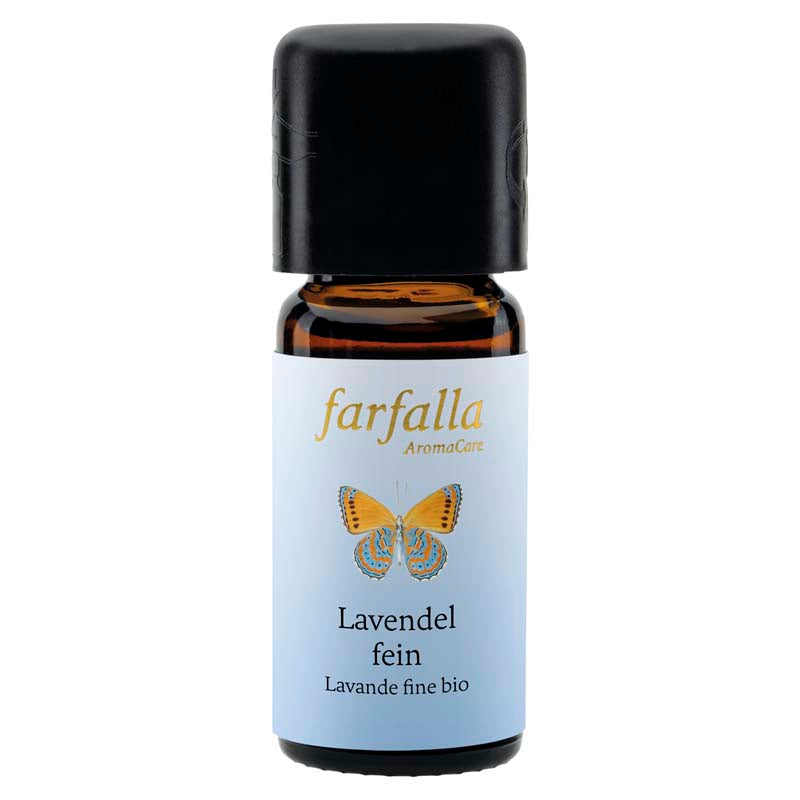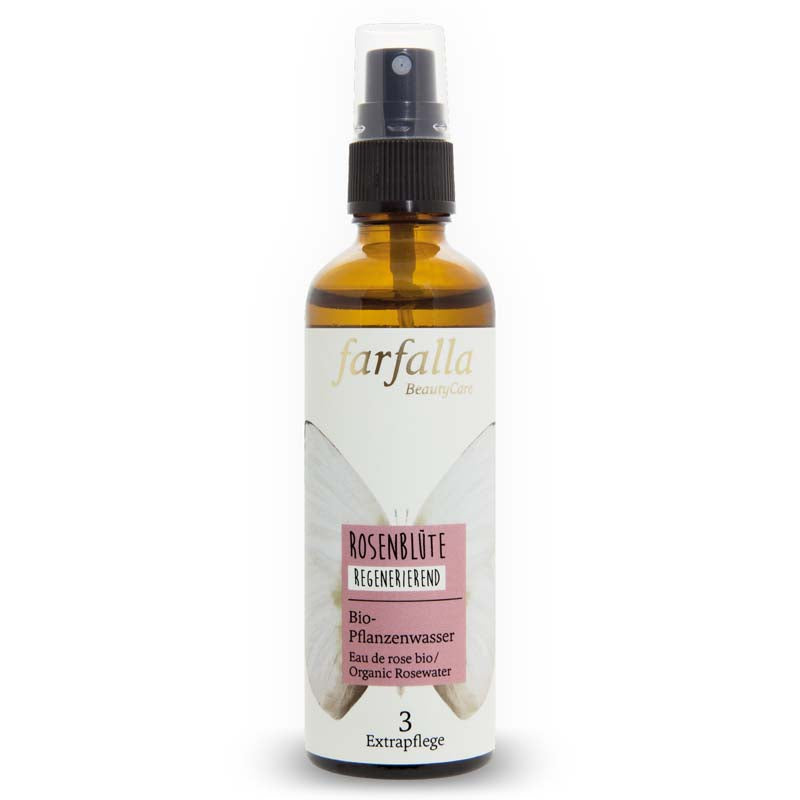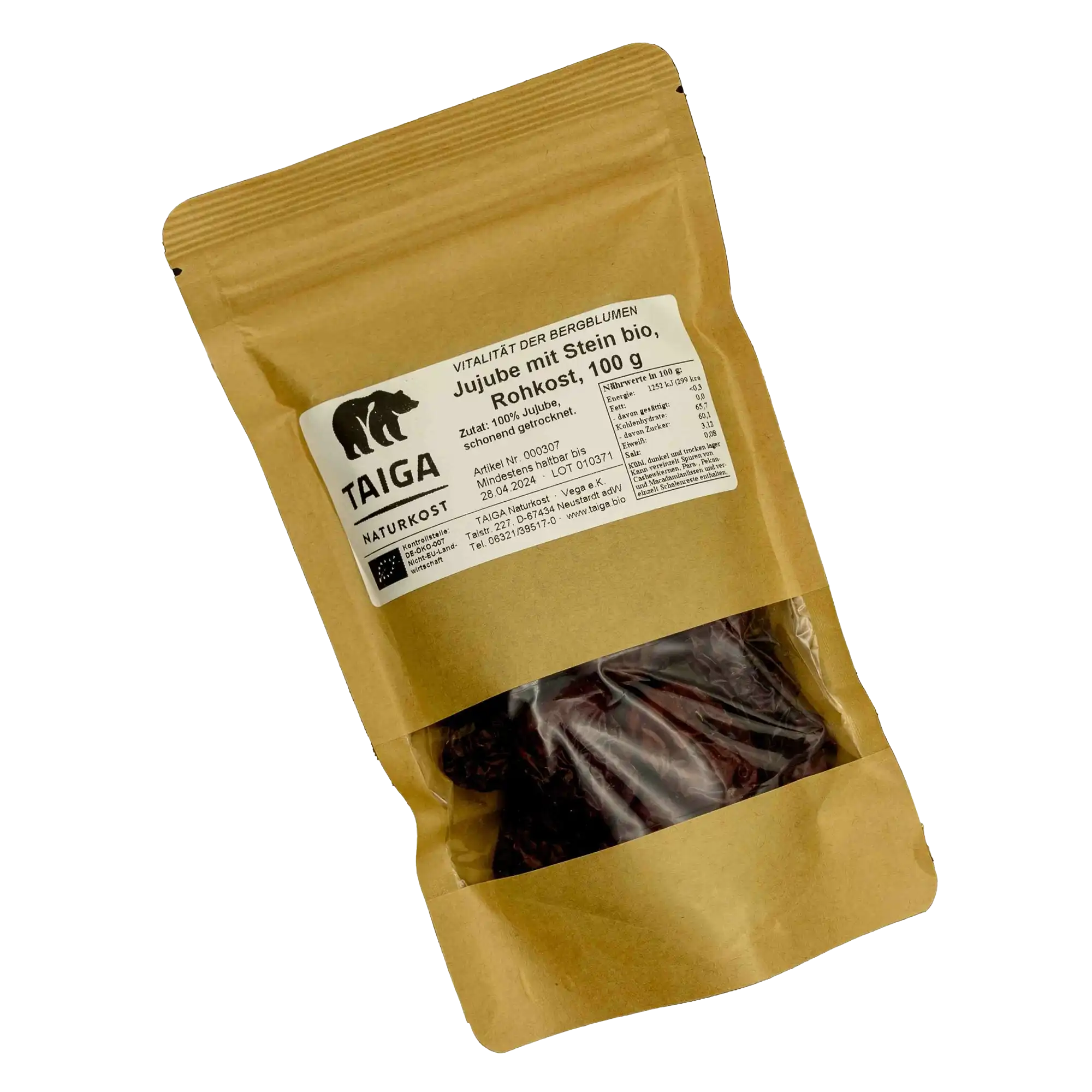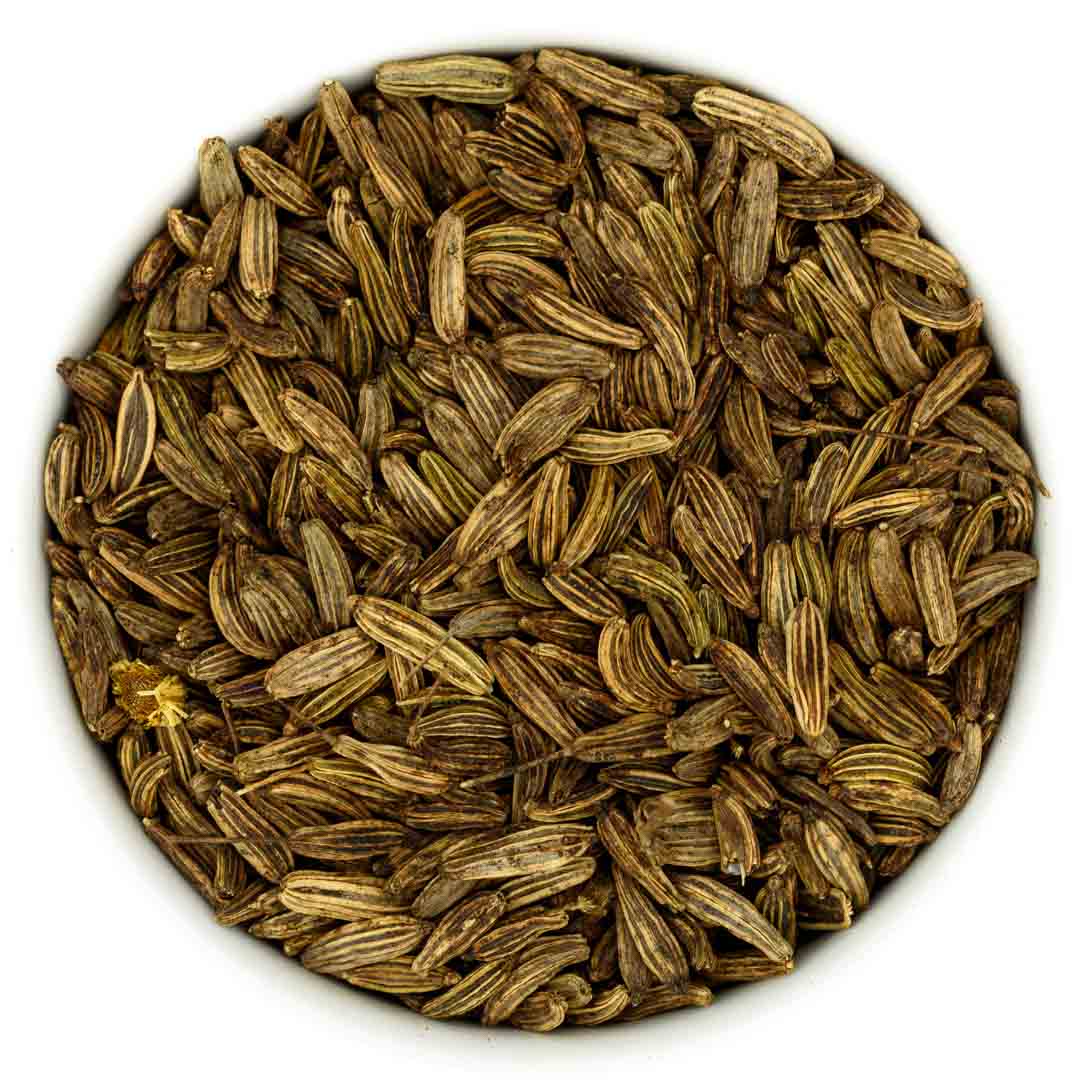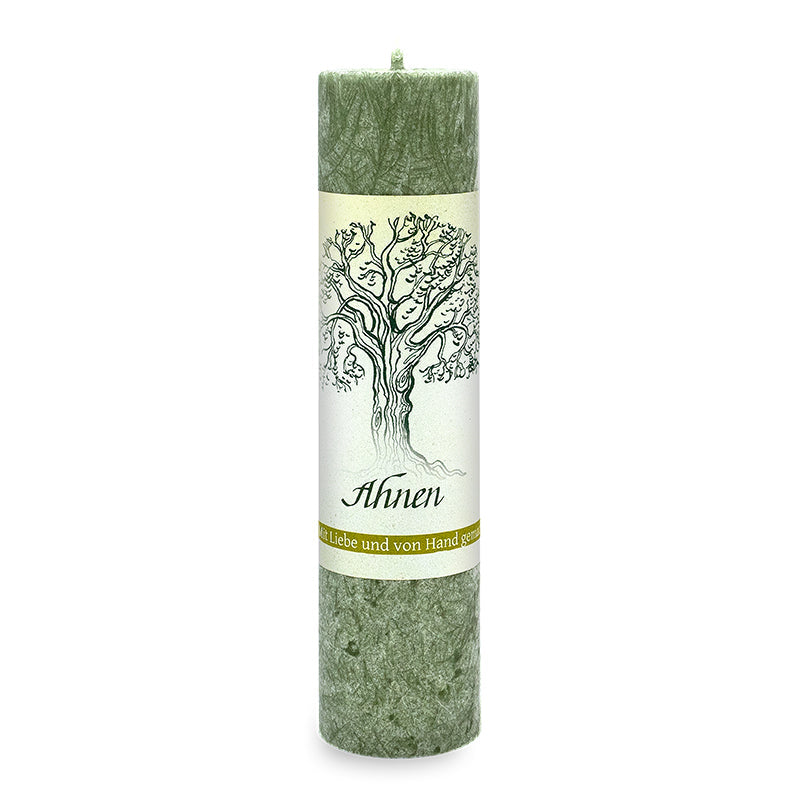Ayurveda
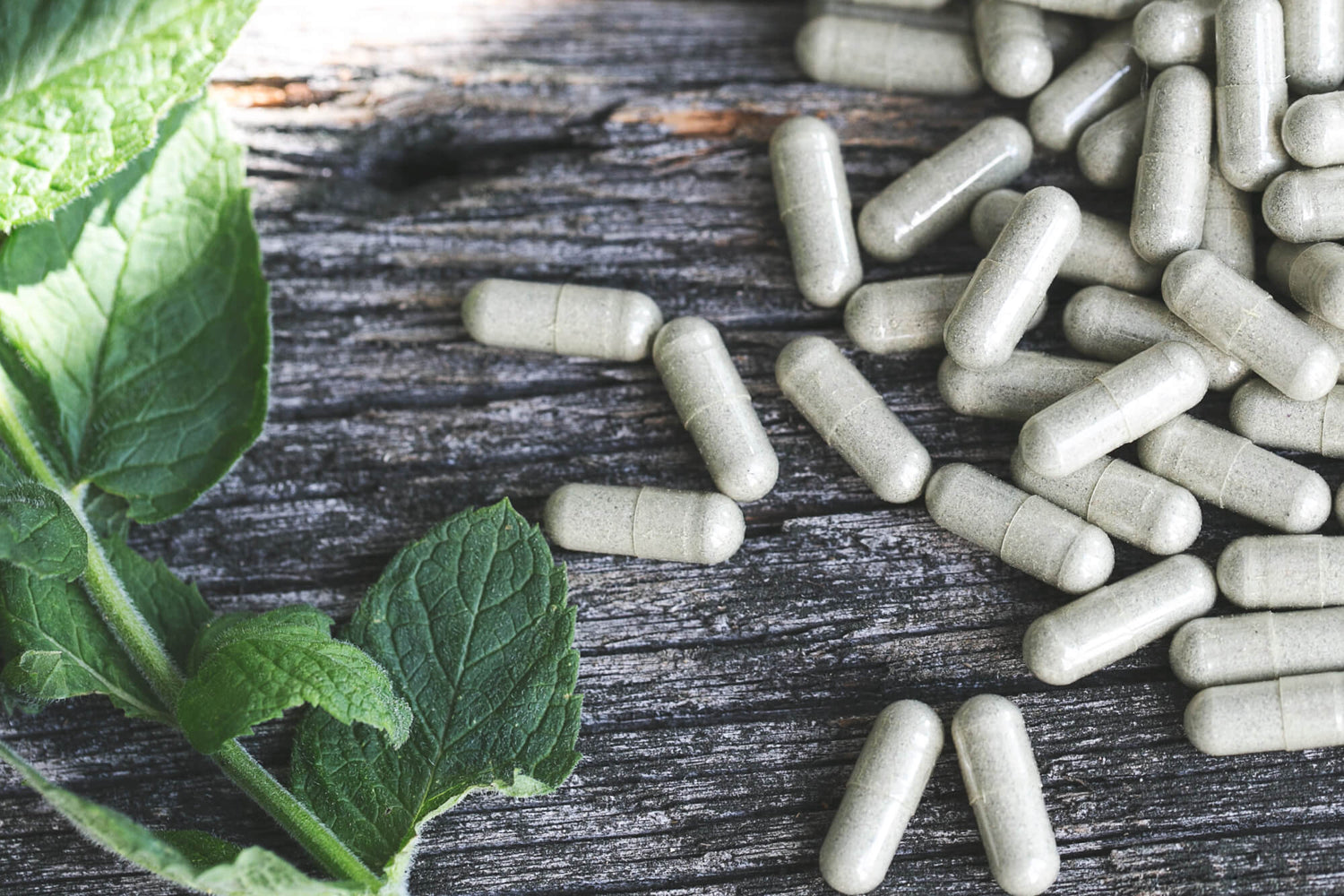
The basics
Ayurveda is the traditional, everyday wisdom from India that helps us find what's "right for us." Categories like healthy or unhealthy have no place in this teaching, because what's good always depends on the individual's constitution.
The model of the three basic types (doshas) Vata, Pitta and Kapha teaches us to perceive ourselves mindfully and to choose the right thing from a wealth of possibilities.

Vata
arises from ether and wind and therefore has the properties of mobile, cold, dry, rough, light, fine .
If these characteristics become excessive (due to stress, travel, cold weather, etc.), this can lead to disharmonies such as restlessness, nervousness, dry skin, irregular digestion, etc.
Ayurveda advises prevention with:
- Mild, balancing teas
- Massages with plenty of warm oil
- Balanced, seasoned warm dishes
- Structured lifestyle

Pitta
arises from fire and a little water and has the properties of hot, oily, sharp, colorful, odorous, and purposeful .
If these characteristics dominate too much, cravings, hyperacidity, diarrhea, increased sweating with a strong odor, reddened skin, impatience and irritability can occur.
Ayurveda recommends balancing in time with:
- Cooling, bitter teas
- Foot massage with coconut oil
- Use of rose water or witch hazel hydrolate
- Mildly seasoned foods with sufficient protein

Kapha
is formed from earth and water and has the properties of stable, moist, cool, heavy, structured, slimy .
An excess of these characteristics can manifest as bloating, excess weight, mucus and water retention, clumsiness, carelessness and fatigue.
Ayurveda counteracts these properties with stimulants:
- Spicy, bitter herbs
- Dry brushing massages
- Hot spices
- Regular detox
- Light diet
Ayurveda can also be practiced in everyday life using local or familiar foods, spices, and skincare products. It's important to consider the three doshas: Vata, Pitta, and Kapha!
Ayurvedic products that you can find with us:
Triphala
- Trikatu
- Pipali (long pepper)
- Shatavari (wild asparagus)
- Ashwaganda (winter cherry)
- Brahmi
- Sharkara (sugar, traditionally produced Ayurvedically)
- Silk gloves for gentle body peeling
- tongue scraper
- Neti pot for nasal irrigation
- Nasya – Nose Care Oil
- Body oils, traditionally prepared
- Herbal teas and spice blends to harmonize the individual doshas

Stay balanced – nutritional guidelines according to Ayurveda
The nutritional teachings of Ayurveda aim to find the optimal selection of foods and preparations for each person. It promotes mindfulness and leads to a natural sense of taste, which helps us maintain balance.
Satisfaction and well-being after a meal depend on the correct ratio of the following components:
- Six flavors: sweet (neutral), sour, salty, bitter, spicy, tart
- Twenty properties, e.g., oily, dry, cold, warm, rough, hard, soft …
- The right combination of foods
- The healing power of spices
- Time and frequency of meals
Recommendations for a type-appropriate diet:
VATA CONSTITUTION
People with a VATA constitution need high-quality, easily digestible, warm foods several times a day. These foods should have neutral, sour, and salty flavors, as well as sufficient vegetable fats and ghee (Ayurvedic butter). They should drink plenty of warm fluids to stimulate their agni (digestive power), maintain their skin's moisture, and maintain their circulation.
People with a Vata constitution should avoid spicy, bitter and astringent foods as well as cold and dry foods (e.g. raw vegetables in the evening).
PITTA CONSTITUTION
People with a Pitta constitution need neutral, bitter, and astringent foods, ripe fruit, slightly bitter vegetables such as chicory and radicchio, and legume dishes. Cooling teas such as rose, peppermint, or lemon balm are recommended as beverages.
People with a Pitta constitution should avoid spicy, sour, salty, and hot foods and drinks.
KAPHA CONSTITUTION
People with a Kapha constitution need spicy, bitter, and astringent flavors. The right spices fire up the metabolism. Warm, spicy meals with plenty of vegetables are ideal for lunch and dinner. Boiled, warm water (perhaps with ginger or trikatu) is best for drinking. A weekly detox day is recommended.
People with a Kapha constitution should avoid sweet, sour and salty foods and snacks.
Ayurvedic spices and tea blends
Spices play a key role in Ayurvedic nutrition. They are medicinal plants that we consume daily in small doses and use to regulate the balance of the doshas Vata, Pitta, and Kapha. The careful selection of spices makes food particularly digestible.
This is good for the individual doshas:
Vata : soothing, warming and sweet spices such as vanilla, cinnamon, cardamom, bay leaf, fennel and fenugreek
Pitta: cooling, harmonizing and slightly bitter herbs such as dill, mint, turmeric, coriander, cumin and saffron
Kapha: Trikatu, ginger, rosemary, cloves, thyme and pepper
There are specific spice blends and special Ayurvedic teas for each dosha.


